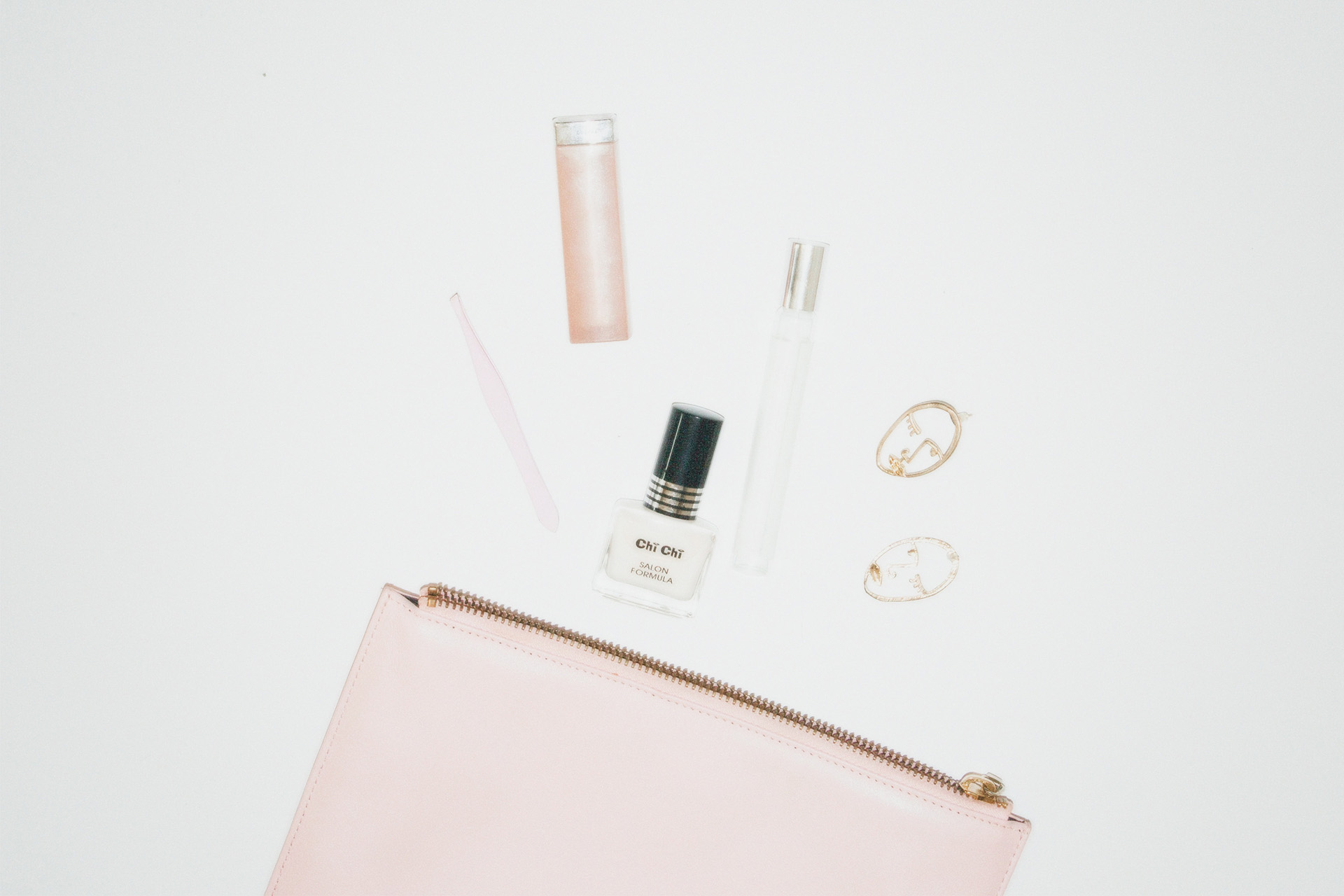Pregnancy is a beautiful journey that brings significant changes to a woman’s body. While the glow of pregnancy is often celebrated, many expectant mothers may still want to maintain their beauty routines, including cosmetic treatments. However, the safety of these treatments during pregnancy is a common concern. As a skincare expert and medical aesthetician, I aim to provide a comprehensive guide on the safety of cosmetic treatments during pregnancy, helping you make informed decisions while ensuring the health of both you and your baby.
Understanding Skin Changes During Pregnancy
Before delving into the specifics of cosmetic treatments, it’s essential to understand the skin changes that occur during pregnancy. Hormonal fluctuations can lead to various skin issues, including:
Hyperpigmentation: Increased melanin production can cause dark patches, known as melasma or the “mask of pregnancy.”
Acne: Hormonal changes can trigger acne outbreaks, even in women who typically have clear skin.
Dryness and Sensitivity: The skin may become drier and more sensitive.
Stretch Marks: Rapid skin stretching, particularly on the abdomen, breasts, and thighs, can lead to stretch marks.
These changes can be distressing, and many women seek cosmetic treatments to manage these issues. However, not all treatments are safe during pregnancy.
Safe Cosmetic Treatments During Pregnancy
Facials
Facials are generally safe during pregnancy, provided they are tailored to your skin’s needs and avoid certain ingredients. Opt for gentle, hydrating facials that use pregnancy-safe products. Here are some considerations:
Avoid Harsh Chemicals: Steer clear of facials that involve harsh chemicals like salicylic acid, retinoids, and hydroquinone.
Gentle Exfoliation: Mild exfoliants like glycolic acid and lactic acid can be used in low concentrations.
Hydration and Soothing: Facials that focus on hydration and soothing ingredients like hyaluronic acid and chamomile can help with pregnancy-related dryness and sensitivity.
Microdermabrasion
Microdermabrasion is a non-invasive treatment that exfoliates the skin’s surface. It is generally considered safe during pregnancy as it does not involve chemicals. However, it’s crucial to:
Consult Your Doctor: Always consult your healthcare provider before undergoing microdermabrasion.
Choose a Qualified Professional: Ensure the procedure is performed by a licensed and experienced aesthetician who understands the needs of pregnant women.
LED Light Therapy
LED light therapy is a non-invasive treatment that uses different wavelengths of light to treat various skin concerns. It is generally safe during pregnancy and can be effective for:
Acne: Blue light can help reduce acne by killing bacteria.
Inflammation: Red light can reduce inflammation and promote healing.
Collagen Production: Infrared light can stimulate collagen production, improving skin texture and elasticity.
Oxygen Facials
Oxygen facials are safe and beneficial during pregnancy. They involve the infusion of oxygen and nutrients into the skin, promoting hydration, reducing fine lines, and giving a healthy glow. These facials are gentle and do not involve any harmful chemicals.
Cosmetic Treatments to Avoid During Pregnancy
Chemical Peels
Chemical peels involve the application of chemical solutions to exfoliate the skin. While mild peels using alpha-hydroxy acids (AHAs) like glycolic acid may be safe, it’s best to avoid:
Deep Peels: Avoid medium to deep peels using trichloroacetic acid (TCA) and phenol.
Salicylic Acid: High concentrations of salicylic acid can be absorbed into the bloodstream and are best avoided.
Laser Treatments
Laser treatments, including laser hair removal and laser resurfacing, should generally be avoided during pregnancy. The effects of laser energy on a developing fetus are not well studied, and it’s best to err on the side of caution.
Risks: Potential risks include hyperpigmentation, scarring, and unpredictable skin reactions due to hormonal changes.
Alternative: Consider alternative hair removal methods like shaving or waxing.
Botox and Fillers
Botox and dermal fillers are popular cosmetic treatments for reducing wrinkles and enhancing facial features. However, these treatments are not recommended during pregnancy due to a lack of sufficient research on their safety.
Botox: Botulinum toxin can potentially spread beyond the injection site, posing unknown risks to the fetus.
Fillers: The safety of hyaluronic acid and other filler materials during pregnancy has not been established.
Retinoids
Retinoids, including retinol and prescription-strength tretinoin, are commonly used for anti-aging and acne treatment. However, they are not safe during pregnancy.
Risks: Retinoids can cause birth defects and should be avoided entirely.
Alternatives: Consider using pregnancy-safe alternatives like azelaic acid or vitamin C for treating acne and pigmentation.
Pregnancy-Safe Skincare Routine
Maintaining a healthy skincare routine during pregnancy is crucial for managing skin changes and ensuring overall skin health. Here’s a suggested routine with safe and effective products:
Cleansing
Gentle Cleanser: Use a mild, sulfate-free cleanser to remove dirt and oil without stripping the skin. Look for products with soothing ingredients like chamomile and aloe vera.
Toning
Alcohol-Free Toner: Choose an alcohol-free toner to balance the skin’s pH and provide hydration. Rosewater and witch hazel are excellent options.
Moisturizing
Hydrating Moisturizer: Opt for a moisturizer that contains hyaluronic acid, glycerin, and ceramides to lock in moisture and keep the skin plump and hydrated.
Sun Protection
Broad-Spectrum Sunscreen: Protect your skin from UV damage by using a broad-spectrum sunscreen with at least SPF 30. Physical sunscreens containing zinc oxide or titanium dioxide are safe options.
Targeted Treatments
Vitamin C Serum: A vitamin C serum can help brighten the skin and reduce pigmentation.
Azelaic Acid: Azelaic acid is safe for treating acne and pigmentation during pregnancy.
Night Care
Nourishing Night Cream: Use a nourishing night cream with ingredients like shea butter and peptides to repair and rejuvenate the skin overnight.
Natural Remedies for Skin Concerns During Pregnancy
In addition to safe cosmetic treatments, natural remedies can effectively address common skin concerns during pregnancy.
Hyperpigmentation
Aloe Vera: Aloe vera gel can help lighten dark spots and soothe the skin.
Lemon Juice: Lemon juice has natural bleaching properties. Apply diluted lemon juice to dark spots, but avoid direct sunlight after application.
Acne
Tea Tree Oil: Dilute tea tree oil with a carrier oil and apply it to acne-prone areas. It has antibacterial properties that can help reduce acne.
Honey: Honey has natural antibacterial and anti-inflammatory properties. Use it as a mask to help clear acne and soothe the skin.
Stretch Marks
Coconut Oil: Coconut oil can help keep the skin moisturized and may reduce the appearance of stretch marks.
Shea Butter: Rich in vitamins and fatty acids, shea butter can improve skin elasticity and hydration, helping to prevent and reduce stretch marks.
Dryness and Sensitivity
Oatmeal: Oatmeal baths can soothe dry and sensitive skin. Add colloidal oatmeal to your bathwater for a calming effect.
Avocado: Avocado masks can provide deep hydration and nourishment to dry skin. Mash an avocado and apply it as a mask for 15 minutes.
Tips for Choosing Safe Products
Read Labels
Always read the labels of skincare products to ensure they do not contain harmful ingredients like retinoids, salicylic acid, or hydroquinone. Look for products labeled “pregnancy-safe” or “formulated for sensitive skin.”
Patch Test
Perform a patch test before using any new product to check for allergic reactions or sensitivities. Apply a small amount to your inner arm and wait 24 hours to see if there is any reaction.
Consult a Professional
Consult your dermatologist or healthcare provider before starting any new skincare treatment or using new products. They can provide personalized advice based on your skin type and pregnancy needs.
Emotional and Mental Well-being
While focusing on skincare, it’s also essential to prioritize your emotional and mental well-being during pregnancy. Stress and anxiety can impact your skin’s health, so practice self-care and relaxation techniques.
Stress Management
Meditation and Yoga: Practicing meditation and prenatal yoga can help reduce stress and promote relaxation.
Deep Breathing: Deep breathing exercises can calm the mind and reduce anxiety.
Healthy Diet
Balanced Diet: Eating a balanced diet rich in vitamins and minerals can improve your skin’s health. Include fruits, vegetables, lean proteins, and healthy fats in your diet.
Hydration: Drink plenty of water to keep your skin hydrated and flush out toxins.
Adequate Sleep
Restful Sleep: Ensure you get enough sleep each night. Adequate rest is essential for your overall health and the health of your skin.
Conclusion
Navigating skincare during pregnancy can be challenging, but with the right knowledge and precautions, you can maintain a healthy and glowing complexion. While many cosmetic treatments are safe, it’s crucial to avoid certain procedures and ingredients that may pose risks to your baby. Always consult with your healthcare provider before undergoing any treatments and choose products that are specifically formulated for pregnancy.
Remember, pregnancy is a time of significant change, and it’s essential to embrace and care for your evolving body with patience and kindness. By following safe skincare practices and prioritizing your well-being, you can enjoy a beautiful and healthy pregnancy glow
.



